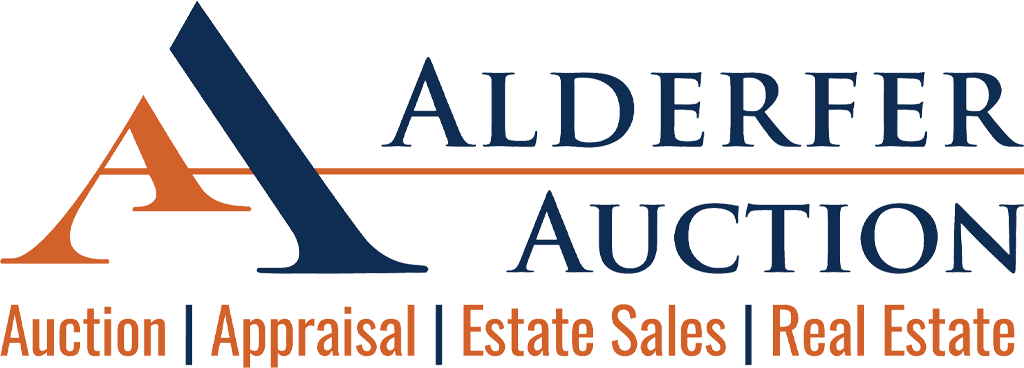Appraisers Follow New Rules

The January 2020 edition of the Uniform Standards of Professional Appraisal Practice (USPAP) is now in effect. This means that appraisals done in compliance with it must conform to the new standards and be in evidence in any assignments done this year.
This may affect the work done for you as a gatekeeper, executor, or attorney and could reflect on your choice of valuator both on real and personal property. The last thing one needs or wants is to discover that any appraisal done for them is either outdated or unqualified and subject to claims of noncompliance.
USPAP was developed by The Appraisal Foundation in the late 1980s, one of the results of the financial crisis that saw the disbandment and re-organization of the entire savings and loans banking system. It was created to promote and maintain a high level of public trust in professional appraisal practice. The development of the standards enhanced the role of the appraiser in society and placed on appraisers the obligation to act in a manner that promotes both the public trust and confidence in their services.
Appraisers who seek to follow USPAP guidelines must take an initial 15-hour course with examination. Thereafter, they must take a 7- hour update or refresher class every two years. Since USPAP is on a two- year cycle, this means that every appraiser must take the update every cycle. The new version comes out in January of every even number year.
USPAP represents the generally accepted and recognized standards of appraisal practice in both the United States and Canada (many other parts of the world accept it as well). Major appraisal organizations (ASA, ISA, AAA) require that their members comply with USPAP and keep current in their class attendance.
USPAP does not certify the profession or individual appraisers or reports. That is usually done through professional organizations that accredit their members, based on education and experience. However, reports not done according to its standards are open to question and even litigation, as even third parties such as banks, insurance companies, and trust departments are now requiring compliance.
Even the IRS has recognized the importance of USPAP, stating that appraisals must be done according to their substance.
Any appraiser one hires should be asked pointedly whether they have been trained and tested in the Uniform Standards and if their resume includes dates of all classes taken, including the original 15 hour and all 2-year refreshers. If the appraiser is unwilling to do that, it usually means they are not up to date, and even worse, may have not taken the initial one. Those who claim ignorance, both of USPAP and class requirements, are admitting to their inadequacy and unprofessionalism and may possibly pose a threat to their work being accepted.
The USPAP definition of an appraiser is the following: “one who is expected to perform valuation services competently and in a manner that is independent, impartial, and objective.” This has four components: competency, independence, impartiality, and objectivity.
Competency demands the ability to properly identify the valuation problem to be solved. This includes the knowledge and experience to complete the assignment competently and the recognition of, and compliance with, laws and regulations that apply to the appraiser or assignment.
Independence requires self-reliance and the ability to not easily be controlled or under the influence of another party, including the client, third parties, and any associates. The appraiser should have no present or future interest in the property that is subject to the report, without disclosing any such interest to the client and in the report.
Impartiality means that the appraiser is not biased, either to the party or the property. The appraiser does not place his or her own preferences, likes and dislikes, into the valuation process. One can trust that the valuation is just and not bent to any bias-whether pre-arranged or inherent in their work.
Objectivity requires the appraiser to deal with the facts without distortion, pressure from any party, or contingencies-whether they be for compensation, attainment of a specific result, the occurrence of a subsequent event, or a pre-determined value or direction of value that favors the client or third party.
The Uniform Standards of Professional Appraisal Practice change on a regular interval. It is important that as a gatekeeper, executor, or counsel you ensure that the services you procure are up to date and that any appraisal is compliant to the current version.
ALDERFER APPRAISERS USPAP TRAINED
The appraisers at Alderfer Auction are trained in the Uniform Standards of Professional Appraisal Practice (USPAP). While we do primarily appraisals for estates and trusts, our staff or associates can handle all types of appraisals on all types of property, including insurance coverage, claims, divorce, bankruptcy, or family division. We have held USPAP classes in our gallery and our Estates & Trusts specialist, Leon Castner, is a certified AQB USPAP instructor. Call today to talk or schedule an appraisal-one you can trust!
.










